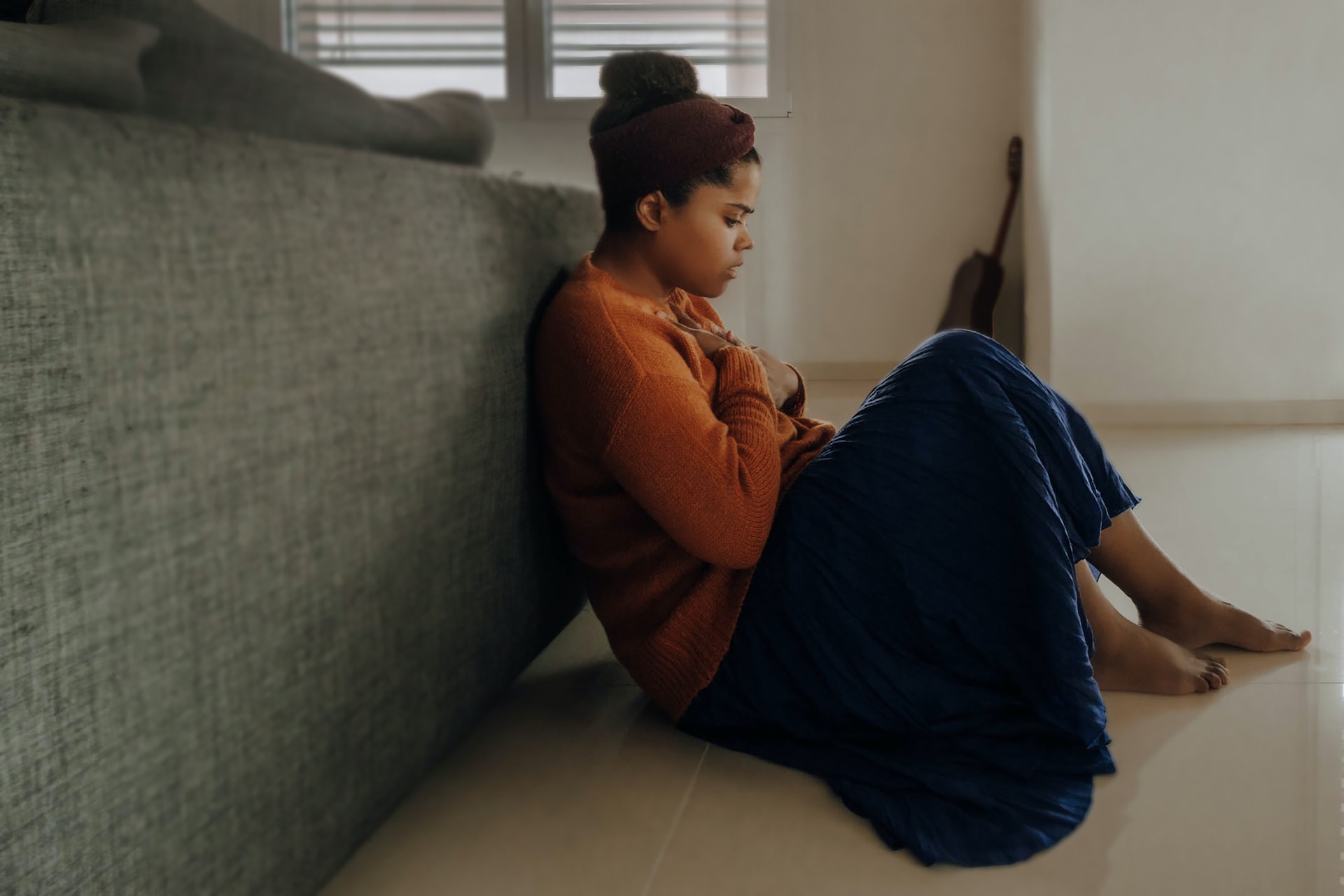
Anxiety is a normal emotion in many situations. It’s typical to feel anxious before job interviews and moves and even when you get married. Still, it helps to have ways to cope with these feelings, especially if they become so pervasive that they interfere with your functioning.
Try Alternative Medications and Therapies
Hypnotherapy, yoga, massage, and reflexology have proved successful for many people. These approaches may not make anxiety disappear completely but can make it manageable. Medications and alternative therapies help indirectly, too, for example, by easing insomnia and increasing focus, which in turn reduces anxiety.
Another option to consider is Delta 8 THC. It is a powerful chemical in cannabis that offers a variety of possible effects such as relaxation, a clearer mindset, and anxiety and stress relief. Its high is milder than the typical pot high, and it is legal in many more areas than traditional marijuana is. Do check your local laws, though, and discuss any new medication or drug you’re taking with your doctor first.
Take Time To Breathe
Breathing exercises for stress and anxiety may help you, especially if you’re experiencing a panic attack. It’s best to do your breathing exercises as part of an everyday routine.
Seek Formal Treatment
Self-care for anxiety is important but is not always enough. Seeking formal treatment can get you access to more resources such as counseling, cognitive behavioral therapy programs, and antidepressants and other medications.
Formal treatment is also a way to discover and address any conditions related to your anxiety. For instance, codependency can cause or increase anxiety, as can depression or alcoholism.
Seek Out Peer Support and Groups
Sometimes, all you need is to not feel so alone. Knowing others are going through similar struggles is a great help. You can learn about methods that have been successful for other people with anxiety, too.
Social media groups, online forums, in-person groups, and online groups are good places to start. The group does not have to be focused on anxiety alone. A group about mental health support or mindfulness and meditation serves many people with anxiety just fine.
As you try out various groups, keep a few things in mind. Do you prefer groups led by trained counselors or instructors? Do you need a group in person, or do you prefer online? How much can you pay for groups? Fortunately, many are free or cost very little.
Reach Out to a Trusted Person
Talking with someone you trust can really help you get through a bad moment. If there is no one in your life who fits the description or your usual people are not available, try helplines. The National Alliance on Mental Illness (NAMI) helpline is a good one.
If you’re attending groups, whether online or in person, you are probably meeting at least a few people you could turn to in dark moments. Ask them if it’s OK for you to contact them in your hours of need.
Expect Your Anxiety and Plan For It
Accepting anxiety as a fact of life can do wonders as you try to cope with it. It allows you to acknowledge it as an issue and plan ahead for how you will react when you get anxious. That way, you are not caught off-guard and unprepared.
A plan could include these elements: Call a certain person or helpline, do breathing exercises, leave the situation, go for a run, or take Delta 8. Planning puts you in control of your anxiety instead of having the anxiety be what controls you.
Keep a Journal
Speaking of taking charge of your anxiety, a journal can help you track possible triggers and situations that introduce anxiety or make it worse. Record times, who you are around, where you are, and what you are doing. For example, doom scrolling on social media has been shown to increase anxiety. Also, note the symptoms of your anxiety and what coping methods may have proved effective or ineffective.
Compartmentalize Your Worries
Some people with anxiety benefit from focusing on their worries and stresses only for a set period every day. During that period, they’re free to imagine all types of awful scenarios. It helps them live their lives as usual during the rest of the day.
A similar approach is to jot down your worries and keep them in one spot such as a shoebox, jar, envelope, or notebook. The idea is that writing down the anxiety releases it from your body.
Take Care of Yourself Physically
Anxiety can interfere with getting enough sleep and exercise, which in turn worsens anxiety. Make conscious efforts to take care of yourself physically. Set aside a few minutes (or more) for a walk every day, cook a few days’ worth of meals in advance if that is feasible, and establish a sleep routine.
Dealing with anxiety is rarely easy or straightforward. It may be a situation akin to two steps forward and one step back. That’s OK. Experiment with various methods to see which ones work best.
